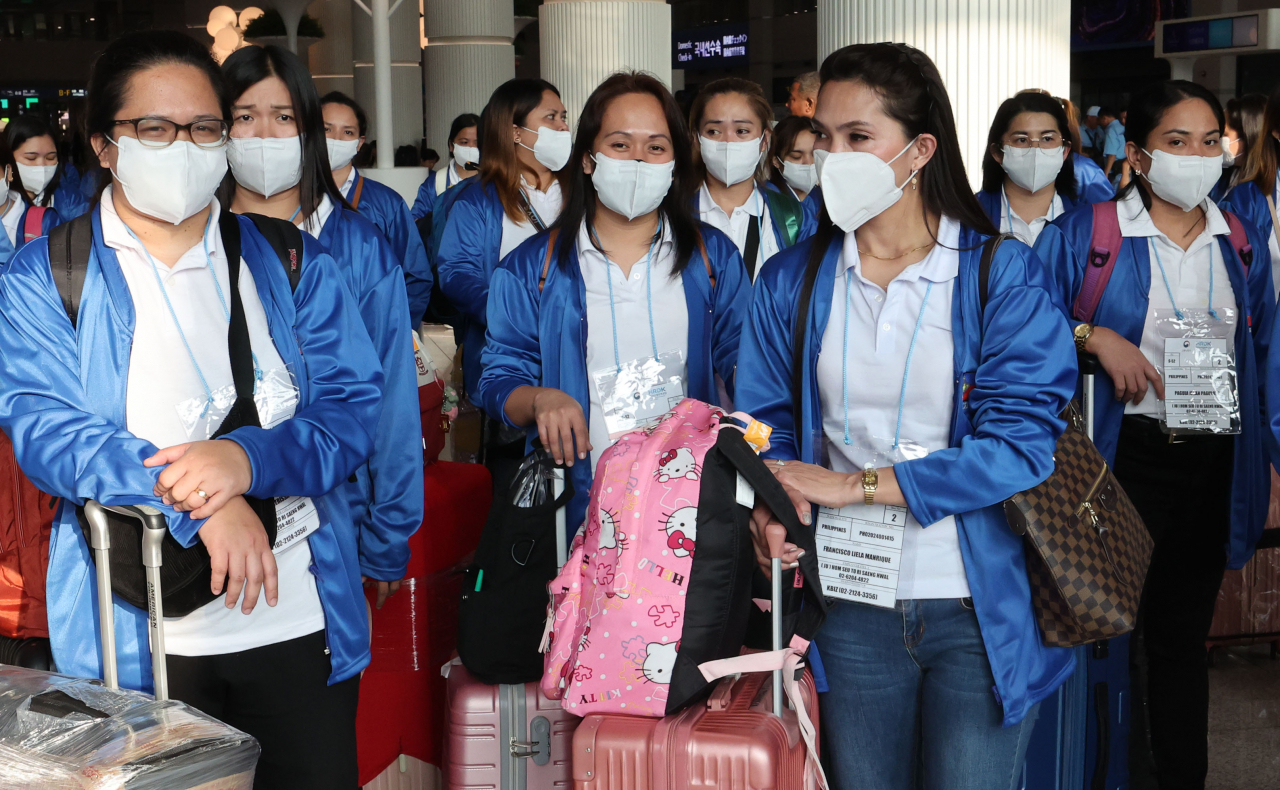
South Korea's ruling party is split on the issue of whether foreign caregivers should be exempt from minimum wage standards. Some politicians advocate for more affordable options, while the labor minister nominee warns that this approach could violate the Constitution and international labor laws. The nominee, Kim Moon-soo, stated that applying minimum wages discriminatorily to foreigners may breach South Korea's laws and international labor standards. He also mentioned that concerns would be taken into consideration if the Seoul municipal government requests the discriminatory application of the wage policy. Despite these concerns, some ruling party representatives are planning to discuss ways to lower wages for foreign domestic workers through what they call "discriminatory application of minimum wages." They argue that caregiving services might be out of reach for ordinary people due to the high cost, and they cite examples from Singapore and Hong Kong where foreign domestic workers are not paid in line with the nation's minimum wage policy. This debate has intensified following the arrival of professionally trained Filipina caregivers in Seoul as part of a pilot program. The ruling party is divided on whether foreign caregivers should be exempt from minimum wage standards, with some advocating for more affordable options for households while others warn of potential violations of the Constitution and international labor laws. The labor minister nominee cautioned that applying minimum wages discriminatorily to foreigners could breach South Korea's laws and international labor standards. Despite these concerns, some ruling party representatives are planning to discuss ways to lower wages for foreign domestic workers, citing examples from Singapore and Hong Kong where foreign domestic workers are not paid in line with the nation's minimum wage policy. This debate has intensified following the arrival of professionally trained Filipina caregivers in Seoul as part of a pilot program.
